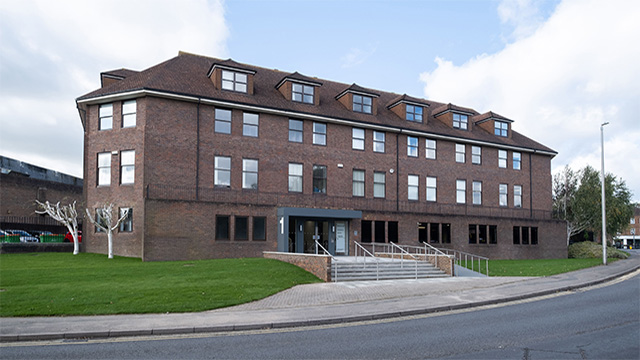Millions wasted on useless Brexit border buildings
At least £450m of taxpayers’ money has been spent on customs facilities that are standing idle after a Brexit u-turn.
Among them is a £25m high-tech border control post in Portsmouth. It is empty after the government’s decision in April to delay, probably for good, the introduction of physical inspections of fresh meat, fruit, vegetables and plants from the EU.
The decision has left ports such as Portsmouth counting the cost and wondering what to do with their impressive but redundant multi-million-pound white elephants.
At least £450m of taxpayers’ money has been spent on customs facilities that are standing idle after a Brexit u-turn.
Among them is a £25m high-tech border control post in Portsmouth. It is empty after the government’s decision in April to delay, probably for good, the introduction of physical inspections of fresh meat, fruit, vegetables and plants from the EU.
The decision has left ports such as Portsmouth counting the cost and wondering what to do with their impressive but redundant multi-million-pound white elephants.
The British Ports Association calculates that at least £450m of taxpayers’ money has been spent on these now mostly unwanted new border control facilities.
This includes the £300m spent on buildings at ports, as well as an estimated £250m spent by the government on building 10 inland border facilities, in places such as Dover and Holyhead where there is not space for a checkpoint next to the terminal. These buildings will be difficult to repurpose.
Mike Sellers, director of Portsmouth International Port, said: “The cheapest option would be to demolish it. It is taking up two acres of operational land; we are not blessed with lots of land so it is a big problem for us in terms of operations.”
Portsmouth, along with 40 other ports, received £200m in funding for the new control posts through the government’s port infrastructure fund. However, this was oversubscribed, leading the ports themselves to pay an estimated £100m to make up the shortfall.
The Guardian










